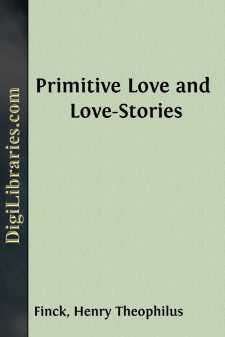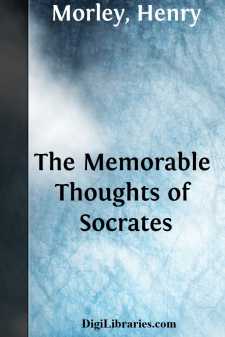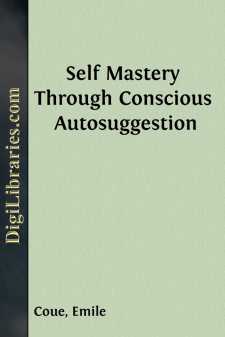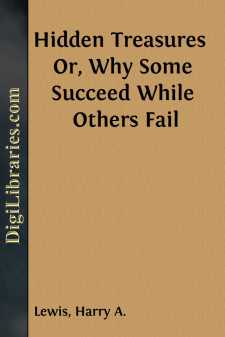Categories
- Antiques & Collectibles 13
- Architecture 36
- Art 48
- Bibles 22
- Biography & Autobiography 814
- Body, Mind & Spirit 145
- Business & Economics 28
- Children's Books 17
- Children's Fiction 14
- Computers 4
- Cooking 94
- Crafts & Hobbies 4
- Drama 346
- Education 56
- Family & Relationships 59
- Fiction 11833
- Foreign Language Study 3
- Games 19
- Gardening 17
- Health & Fitness 34
- History 1378
- House & Home 1
- Humor 147
- Juvenile Fiction 1873
- Juvenile Nonfiction 202
- Language Arts & Disciplines 89
- Law 16
- Literary Collections 686
- Literary Criticism 179
- Mathematics 13
- Medical 41
- Music 40
- Nature 179
- Non-Classifiable 1768
- Performing Arts 7
- Periodicals 1453
- Philosophy 66
- Photography 2
- Poetry 897
- Political Science 203
- Psychology 45
- Reference 154
- Religion 516
- Science 126
- Self-Help 85
- Social Science 82
- Sports & Recreation 34
- Study Aids 3
- Technology & Engineering 59
- Transportation 23
- Travel 463
- True Crime 29
Our website is made possible by displaying online advertisements to our visitors.
Please consider supporting us by disabling your ad blocker.
Primitive Love and Love-Stories
Categories:
Description:
Excerpt
HISTORY OF AN IDEA
"Love is always the same. As Sappho loved, fifty years ago, so did people love ages before her; so will they love thousands of years hence."
These words, placed by Professor Ebers in the mouth of one of the characters in his historic novel, An Egyptian Princess, express the prevalent opinion on this subject, an opinion which I, too, shared fifteen years ago. Though an ardent champion of the theory of evolution, I believed that there was one thing in the world to which modern scientific ideas of gradual development did not apply—that love was too much part and parcel of human nature to have ever been different from what it is to-day.
ORIGIN OF A BOOK
It so happened that I began to collect notes for a paper on "How to Cure Love." It was at first intended merely as a personal experiment in emotional psychology. Afterward it occurred to me that such a sketch might be shaped into a readable magazine article. This, again, suggested a complementary article on "How to Win Love"—a sort of modern Ovid in prose; and then suddenly came the thought,
"Why not write a book on love? There is none in the English language—strange anomaly—though love is supposed to be the most fascinating and influential thing in the world. It will surely be received with delight, especially if I associate with it some chapters on personal beauty, the chief inspirer of love. I shall begin by showing that the ancient Greeks and Romans and Hebrews loved precisely as we love."
Forthwith I took down from my shelves the classical authors that I had not touched since leaving college, and eagerly searched for all references to women, marriage, and love. To my growing surprise and amazement I found that not only did those ancient authors look upon women as inferior beings while I worshipped them, but in their descriptions of the symptoms of love I looked in vain for mention of those supersensual emotions and self-sacrificing impulses which overcame me when I was in love. "Can it be," I whispered to myself, "that, notwithstanding the universal opinion to the contrary, love is, after all, subject to the laws of development?"
This hypothesis threw me into a fever of excitement, without the stimulus of which I do not believe I should have had the courage and patience to collect, classify, and weave into one fabric the enormous number of facts and opinions contained within the covers of Romantic Love and Personal Beauty. I believed that at last something new under the sun had been found, and I was so much afraid that the discovery might leak out prematurely, that for two years I kept the first half of my title a secret, telling inquisitive friends merely that I was writing a book on Personal Beauty. And no one but an author who is in love with his theme and whose theme is love can quite realize what a supreme delight it was—with occasional moments of anxious suspense—to go through thousands of books in the libraries of America, England, France, and Germany and find that all discoverable facts, properly interpreted, bore out my seemingly paradoxical and reckless theory....













